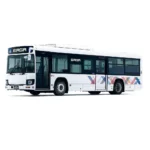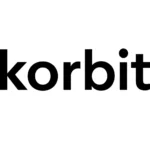Isuzu Motors and Toyota Motor are joining forces to build hydrogen fuel cell buses, targeting production in fiscal 2026 as Japan continues its push into a technology that has struggled to gain traction globally.
The buses will roll off assembly lines at J-Bus Ltd.’s Utsunomiya plant starting April 2026, combining Isuzu’s flat-floor battery electric platform with Toyota’s fuel cell system. The partnership aims to cut costs by standardizing parts across both battery and hydrogen models—a practical response to the hefty price tag that has limited fuel cell adoption.
Japan has bet heavily on hydrogen for years, yet the reality has fallen short of ambitions. The country had built only 164 hydrogen stations by early 2023, well behind its target of 900 by 2030. That infrastructure gap has pushed policymakers toward commercial vehicles like buses and trucks, which operate on fixed routes and require fewer refueling points than passenger cars.
The manufacturers will work with local governments in regions that Japan’s Ministry of Economy, Trade and Industry designated in May 2025 as priority zones for fuel cell commercial vehicles. Toyota has positioned hydrogen as central to its carbon neutrality strategy, while Isuzu seeks to diversify beyond battery-only options.
The partnership extends a collaboration that began in 2022 between Isuzu, its affiliate Hino Motors, and Toyota to electrify buses. J-Bus, jointly owned by Isuzu and Hino, already produces battery electric buses on the platform that will underpin the hydrogen variant.





